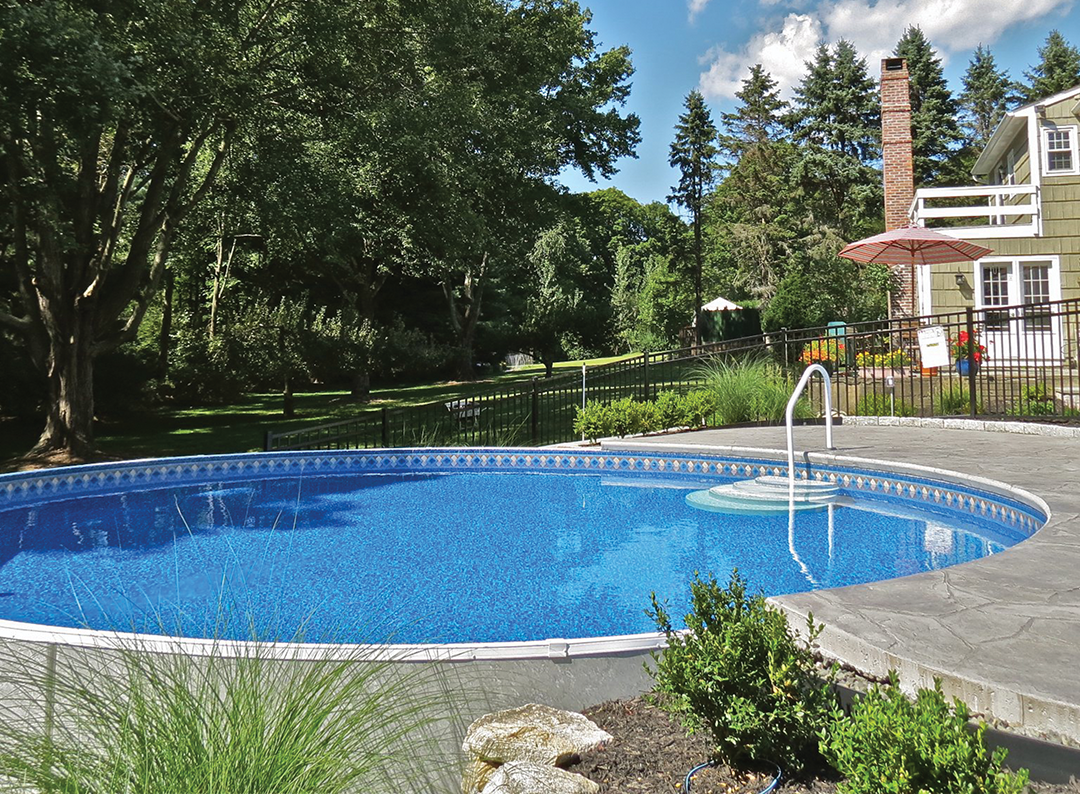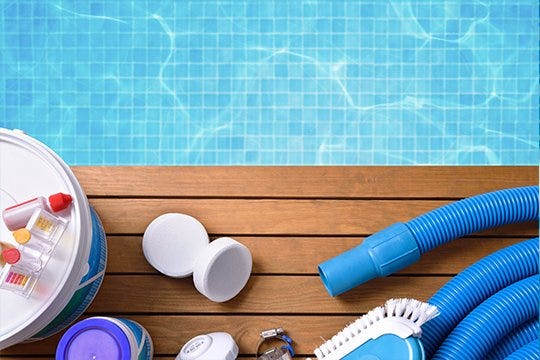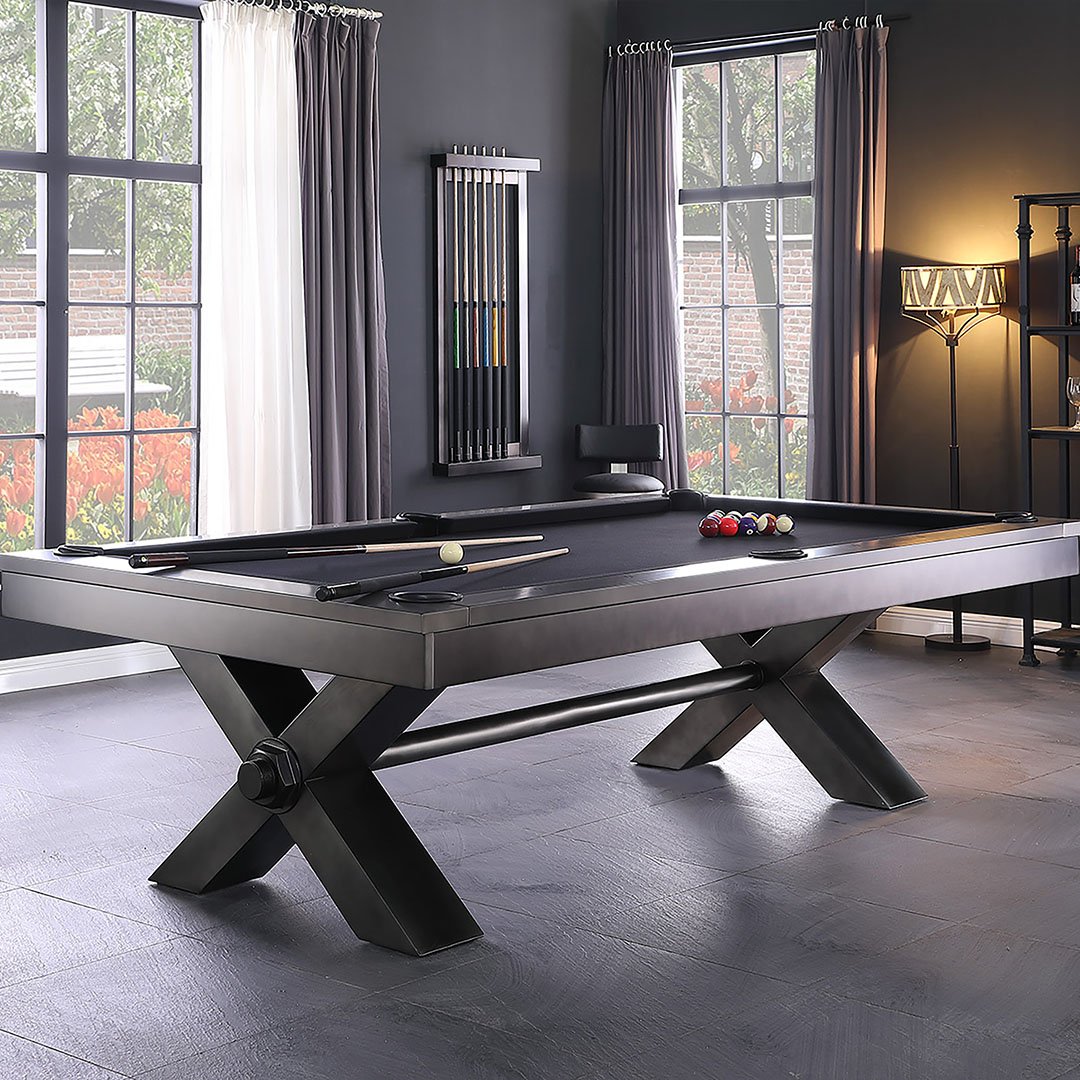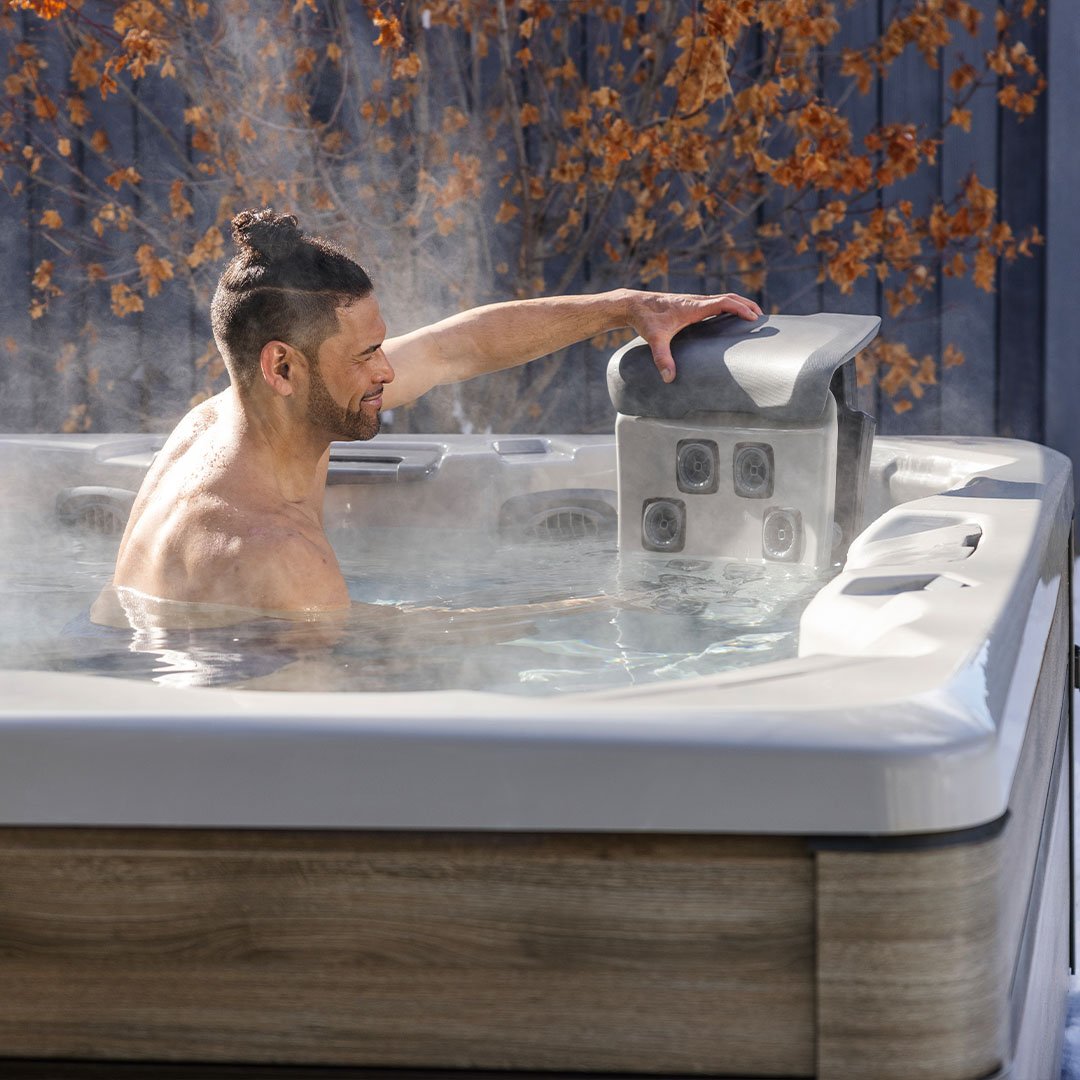How to Clean an Above Ground Pool
Cleaning and maintaining an above ground pool can seem like a chore. But with the right knowledge and tools, cleaning can be effortless and even enjoyable. Let's take a look at some simple steps for cleaning and maintaining your above ground pool, including the importance of pool cleaning, the risks of having a dirty pool, and the benefits of regular pool cleaning.
Understanding the Importance of Pool Cleaning
Swimming pool maintenance, especially for above ground pools, isn't something that most pool owners look forward to. Often, the focus is on the fun that comes with having a pool, forgetting that maintaining its cleanliness is crucial.
Cleanliness ensures that your swimming pool stays safe and enjoyable for you, your family, and your friends. It involves several tasks, including scrubbing the pool liner with household supplies, checking the chemical levels and pH levels, and perhaps employing an automatic pool vacuum or robotic pool cleaner to suck away the dirt.
The Risks of a Dirty Pool
When a pool is not cleaned regularly, the water becomes a breeding ground for harmful bacteria and algae. These microorganisms can pose health risks, from mild skin irritation to severe infections. Additionally, cloudy pool water can also reduce visibility, which poses a safety risk. Cloudy water can result from high chloramine levels, an indication that chlorine is mixing with contaminants and needs to be treated. Heavy debris floating on the pool surface, such as leaves, should be removed using a flat skimmer net attached to a telescopic pool pole to avoid clogging the filtration system.
The Benefits of Regular Pool Cleaning
Regular cleaning of a pool extends its lifespan by preventing the build-up of dirt on the pool liner and in the filter system. Clean pools also ensure the pool water is safe for swimming, reducing the risk of waterborne diseases. Another advantage of frequent cleaning is that it makes the water look clear and inviting to swim. Regular cleaning can also help you spot minor issues before they turn into expensive repairs, whether it's damage to the pool liner or the integrity of your cartridge filter. Rigorous maintenance of your return outlet and filter pump can save you time and money in the long run while ensuring your backyard oasis remains an inviting retreat.
How to Vacuum an Above Ground Pool
Vacuuming is an essential part of above-ground pool maintenance, and every pool owner needs to know how to vacuum an above ground pool. You'll need a pool vacuum, which could be a manual vacuum or a robotic pool cleaner. Also, you'll need to ensure the pool's chemical levels, especially the pH levels, are balanced before starting off. This is because an unbalanced pH level could decrease the efficiency of your pool vacuum.
Vacuuming and Filtering the Pool
For above-ground pools, experts recommend vacuuming at least once a week during peak swimming season to keep the pool sparkling clean.
When vacuuming, move the vacuum head slowly over the pool floor in overlapping paths to cover all areas. Pay close attention to corners and angles where debris tends to accumulate. For walls, move the vacuum vertically up and down to dislodge any algae or dirt. Skim the surface as well to pick up any floating leaves or insects.
After vacuuming, backwash or clean out your pool's filter according to the manufacturer's directions. Sand filters should be backwashed until the water runs clear to flush trapped particles from the sand bed. Cartridge filters need to be removed and rinsed free of debris. DE filters require disassembly to wash the filter grids and remove spent diatomaceous earth.
Proper vacuuming and filtration keep water clear by removing organic matter that could feed algae and bacteria. It also enhances the effectiveness of pool chemicals by eliminating particles that deplete chlorine. Maintain a strict vacuuming and filtering schedule for peak pool water quality all season long.

Above Ground Pool Maintenance Best Practices
Caring for an above ground pool can seem like an uphill battle, especially for new pool owners. However, by following above ground pool maintenance best practices, such as using an automatic pool vacuum and a flat skimmer net, mastering how to clean an above ground pool can be a breeze.
Maintaining a clean and healthy pool involves regular checks on chemical levels, efficient operation of filtration systems, and keeping an eye out for debris floating on the water's surface using a leaf skimmer. If you follow these best practices, you will be on your way to creating an inviting and enjoyable swimming environment in no time.
One common mistake that novices make is neglecting the importance of maintaining their pool cover and pool liner. These are essential to safeguard your pool from debris and to ensure water clarity and hygiene.
Regular Pool Water Testing
Regular testing of your pool water is paramount to maintaining a safe and healthy swimming environment. Key chemical levels to keep an eye on include pH levels and chlorine levels.
A clear understanding of your pool's water chemistry helps prevent problems like cloudy pool water and algae growth. A pool water testing kit is an important tool that educates homeowners on their pool's health status.
A common misconception is that a sparkling clean pool is always healthy. However, clear water can sometimes mask inadequate chlorine levels that could lead to bacteria or algae growth.
Balancing Pool Chemicals
The process of balancing pool chemicals involves adjusting the pH, chlorine, and alkalinity levels. This delicate balance ensures that your swimming pool is safe and comfortable for use.
A pH level above 7.2 allows chlorine to eliminate bacteria effectively. However, be cautious not to let it rise above 7.6, as it could lead to cloudy water and scales on your pool walls and equipment.
Here are some chemical testing recommendations to follow:
- Free Chlorine: 1.5-3 ppm (or 0.5-1 ppm with mineral system)
- pH: 7.2-7.6
- Total Alkalinity: 80-120 ppm
- Calcium Hardness: 100-300 ppm
- Cyanuric Acid: 30-100 ppm
Always follow manufacturer instructions when adding chemicals.
Ensuring Efficient Filter Operation
The filter system plays an integral part in maintaining a clean above ground pool. Whether using a sump pump, cartridge filter, or a robotic pool cleaner, ensuring that your equipment is functioning properly can drastically reduce maintenance work.
One common pitfall is overlooking the importance of routinely cleaning and maintaining your skimmer baskets. A blocked or malfunctioning skimmer basket can impede the filtration process, leading to dirtier pool water.
Moreover, always remember to switch off your filter pump before cleaning or servicing it. A simple mishap can lead to significant component damage, causing inconvenient and potentially costly repairs.

Transform Your Yard with Our Above Ground Pools
When you’re ready to find a new above ground pool, Watson’s has everything you need for easy pool maintenance and enjoyment. As a leading specialty retailer for over 50 years, Watson’s offers an amazing selection of family-friendly and budget-friendly above ground pool designs.
All the pool equipment, chemicals, cleaning tools, and accessories your pool needs.
Bring the sparkling backyard oasis you’ve dreamed of to life! With the right ongoing care and maintenance, plus Watson’s selection and savings, you’ll enjoy pool memories that last for summers to come.
FAQs
Can I pressure wash my above ground pool?
Pressure washing an above ground pool is generally not recommended. The high-pressure water from a pressure washer can damage the pool's vinyl liner by puncturing it or peeling back the layers. It can also damage the top rails, joints, and connectors that hold the pool frame together.
Do I need to drain my above ground pool to clean it?
Draining an above ground pool completely is usually not required for regular maintenance cleaning. Typical cleaning of the pool walls and floor can be done efficiently with a pool skimmer, brush, and vacuum while the pool is still filled with water. Draining the entire pool is only necessary periodically for deep cleaning the surfaces, repairing the liner, or winterizing in cold climates.










